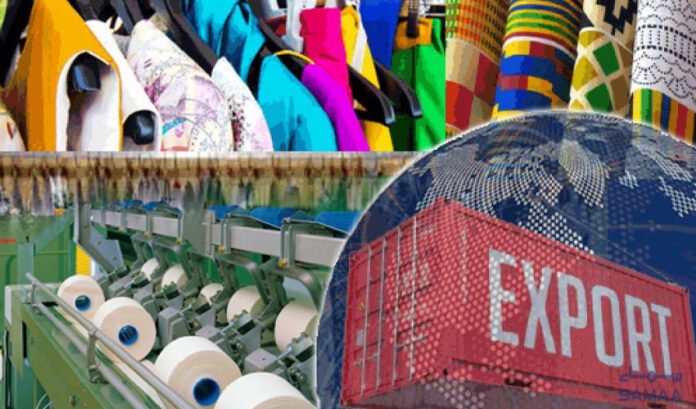ISLAMABAD: The textile industry is grappling with significant challenges following the government’s decision to cut off gas supplies to captive power plants, pushing these facilities to connect to the national power grid. Reports indicate a lack of consensus among power and petroleum ministers regarding this critical issue.
During a recent Economic Coordination Committee (ECC) meeting, the Petroleum Division highlighted the government’s ongoing strategy to reduce the use of natural gas for captive power generation. The division proposed a revision of the gas supply priority order to minimize consumption by these plants.
The Minister of State for Finance and Revenue supported this proposal, suggesting that gas tariffs for captive power should be increased to align with higher rates for Re-gasified Liquefied Natural Gas (RLNG), thereby discouraging their use. In contrast, the power minister stressed the necessity of ensuring connectivity to the national grid before cutting gas supplies and supported the idea of raising tariffs.
The petroleum minister cautioned that the Power Division should have established timelines for connecting captive power plants to the grid, warning that disconnecting gas—mandated by an International Monetary Fund (IMF) structural benchmark—could adversely affect the textile industry and the broader economy.
Despite these warnings, the committee concluded that gas pricing should be leveraged to transition industries to grid-based power, agreeing to notify captive power producers about the gas disconnection, set for early 2025.
The Petroleum Division informed the ECC that the government has been encouraging industries to transition away from gas for several years. The 2005 Natural Gas Allocation and Management Policy established a merit-based order for gas supply, which has undergone multiple revisions. In 2018, the textile sector received subsidies for RLNG, which were subsequently increased but ended in July 2023. This left industries reliant on indigenous and RLNG resources, per the ECC’s November 2023 decision.
The textile sector has heavily invested in captive power generation to ensure uninterrupted production, especially during periods of power instability. These plants not only generate electricity but also produce steam essential for industrial processes. However, the government’s push to phase out gas-based captive power has created significant obstacles.
Historically, the government allowed some captive power units to sell excess electricity back to the national grid, but few companies secured the necessary approvals. Efforts to audit the efficiency of these units were proposed in 2011 but never implemented. Many industries have pursued legal challenges, securing restraining orders that halted the disconnection of their gas supplies.
As part of its commitments to the IMF, the government aims to phase out gas supplies to captive power plants by January 2025, with tariffs set to rise from Rs2,750 to Rs3,000 per MMBTU by July 1, 2024. The Power Division has conducted surveys and load assessments to prepare these units for grid connectivity.
The decision to prioritize other sectors over captive power plants has alarmed the textile industry, which accounts for 60% of Pakistan’s exports. High production costs, energy shortages, and global competition already strain the sector, with exporters warning of potential 30% increases in production costs and a 20% drop in exports. Compounding the issue, the government still owes Rs100 billion in refunds to the sector.
Industry representatives have reached out to the Special Investment Facilitation Council (SIFC) for intervention. They stress that balancing the energy requirements of various sectors is crucial for the textile industry’s survival and competitiveness.
In their appeals, textile producers have requested energy subsidies—gas at $6-7 per MMBTU and electricity at Rs5-6 per unit. They have also called for financial relief through overdue refunds, customs duty reductions, and sales tax exemptions on raw materials.




